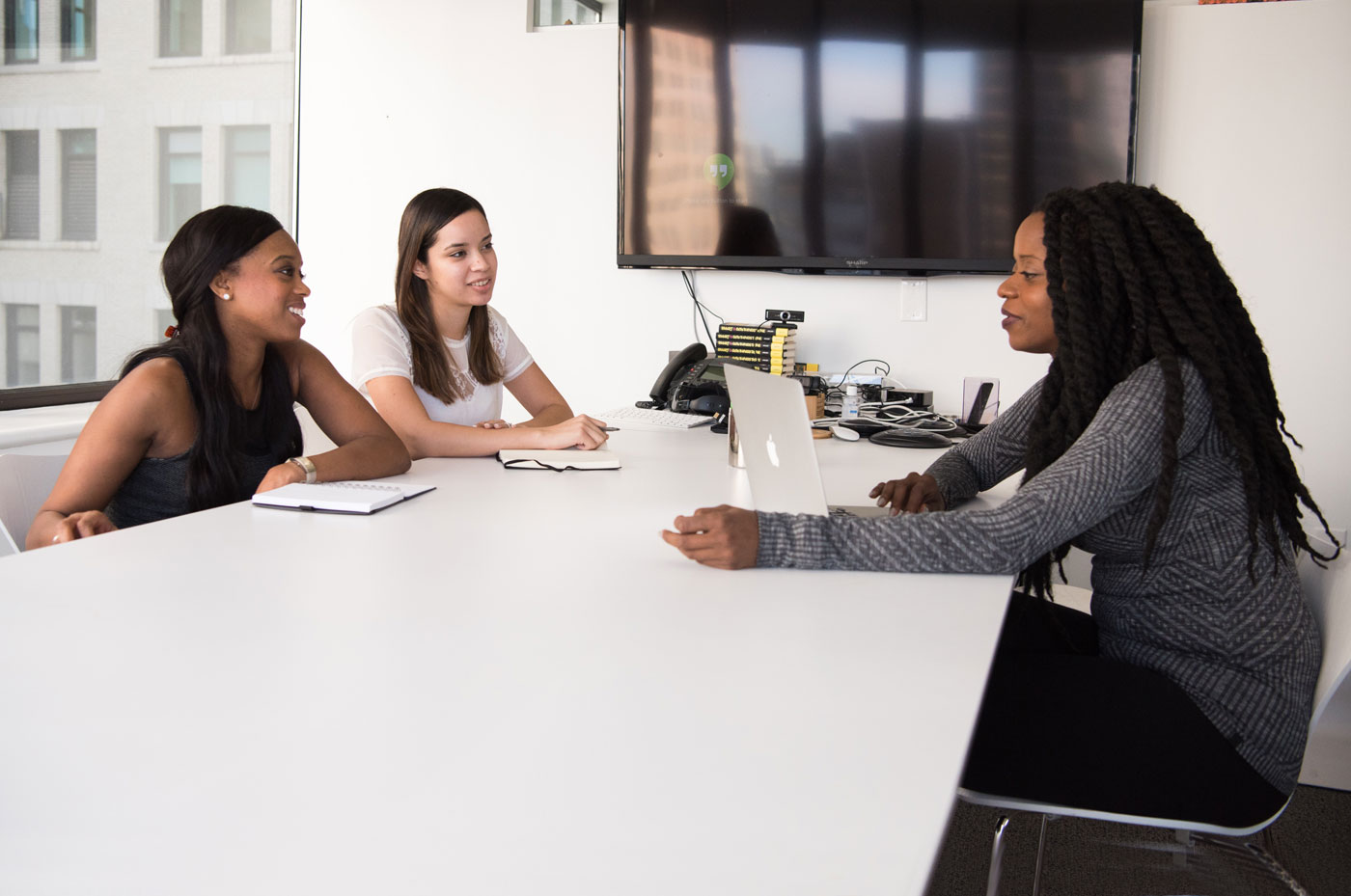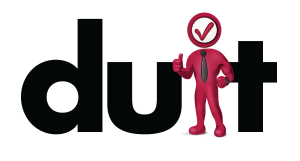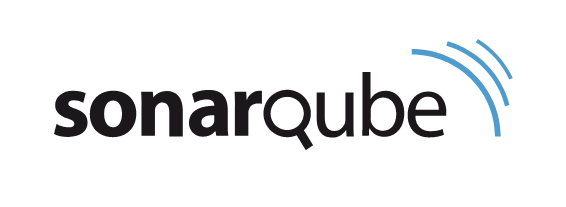
Landing An Interview
Landing an interview gives way to a mix of emotions. Excitement. Anxiety. Anticipation. Uncertainty. An easy way to quell some of those more negative emotions is with preparation.
Before the interview:
First impressions are always important no matter what kind of interaction you are engaging with. However, the social norms change depending on the situation so what you do for a positive first impression is not universal. This is important to understand when preparing for an interview. For example, if there is a way to gather what you should wear beforehand that could be useful. While your first impression is not the most important aspect of your interview it definitely plays a role because (in an over the phone interview or an in-person interview) the way that you present yourself gives employers a sense of who you will be as an employee. Over the phone or in person, it is important to articulate to sound warm and friendly when you are greeting whoever is interviewing you. When you are face to face, what you are wearing and your posture is extremely important. The most important aspect of your first impression is being prepared. If you need your resume in front of you print out some copies to have on hand. Have paper and pen to write down important things that they say. Being prepared shows your work ethic and dependability.
During an interview:
While you are being asked questions it can seem overwhelming. By keeping a few things in mind, however, you can be sure to have a good interview. First, remember some facts about the company and your position. This aids the way that you answer questions but it also proves that you are genuinely interested in the position. Respond with stories. Employers generally want to know about you by sharing short stories as examples for why you would be a good fit is beneficial. When telling stories, or answering any question they throw at you make sure you are clear and concise. If that means that you have to pause in order to gather your thoughts, that is okay. It shows that you are carefully considering their question and not just reciting a memorized script. Employers want to see that you are being genuine. Another way to show that you are being genuine during an interview is by not exaggerating. If you don’t meet a specific requirement that isn’t necessarily a deal-breaker. Tell them how another past experience allowed you to attain the necessary skills to accomplish your job effectively. Finally, have experiences, examples, and answers ready. While you may not know the exact questions that they will ask, it is helpful to have a general outline of things that you want to cover in your interview. If you already have skills that you want to highlight it is easy to move the conversation in a direction that benefits you. This is especially easy to do if the interview is over the phone. You can write down bullet points and have them next to you, while you are talking to your interviewer.
After the interview:
After any interview comes the dreaded time where they ask you if you have any questions for them. While this question can be stressful, it is also a perfect opportunity to learn what you want to know while making yourself look good. Here are some questions that I have found extremely helpful to ask no matter what position I am applying for:
- How would you describe the work environment here– is the work typically collaborative or more independent?
- Who will I work with most closely?
- How does employee feedback get incorporated into day-to-day operations?
- Can you tell me some examples of projects that I would be working on?
- Why did you come to this company?
- What is different about working here than anywhere else you’ve worked?
- Is there anything else that I can provide you with that would be helpful?
- What are the next steps in the interview process?
These questions show that you are ready to jump into your potential position, you are curious about the environment you will be working in, and that you are eager to move forward in the interview process. Sometimes when we are looking for a job we forget that we should also be interviewing them to make sure the position is good for you too.
I personally love interviews, but it wasn’t until I learned how to do them right that I was given the luxury to appreciate them. I hope that what I know can be useful to you as well.
Much love,
The DUIT family


